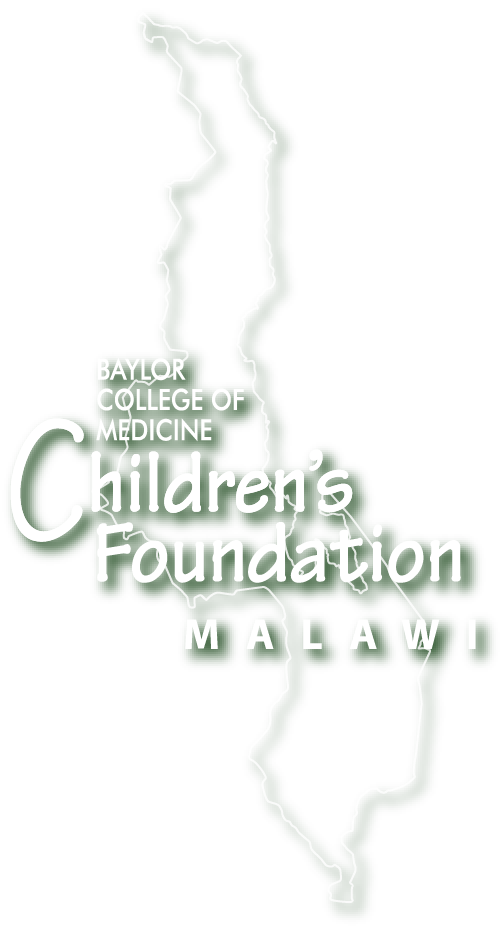



Headquartered in Houston, Texas Children’s Global Health Network is comprised of affiliated implementing partners in Argentina, Botswana, Colombia, Eswatini, Lesotho, Malawi, Romania, Tanzania and Uganda, which operate 11 Centers of Excellence (COE) and 9 Satellites (SCOE) for integrated maternal and child health services across three continents, including a tuberculosis COE in Eswatini and women’s health COE in Malawi.


